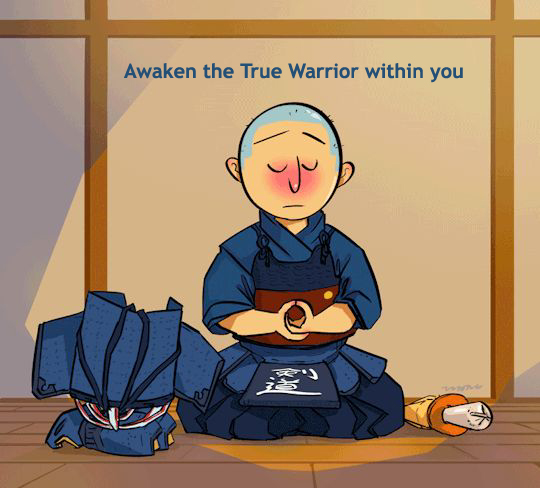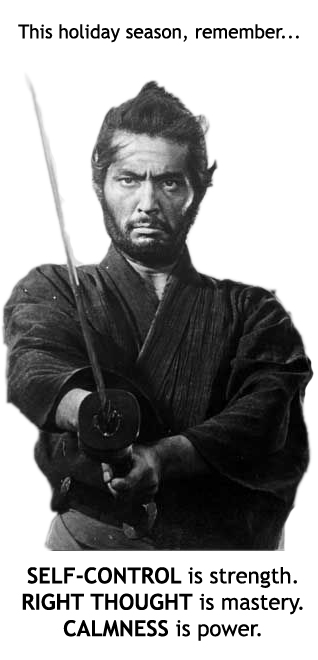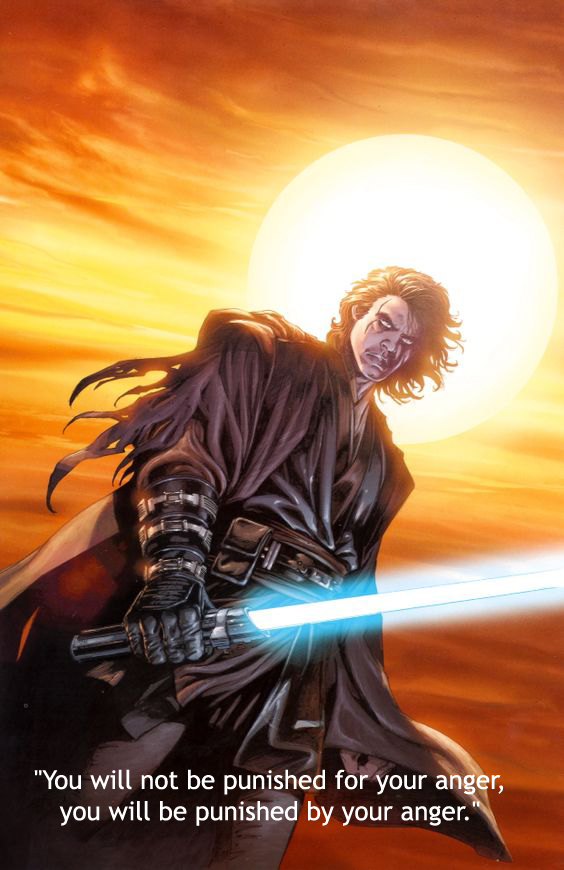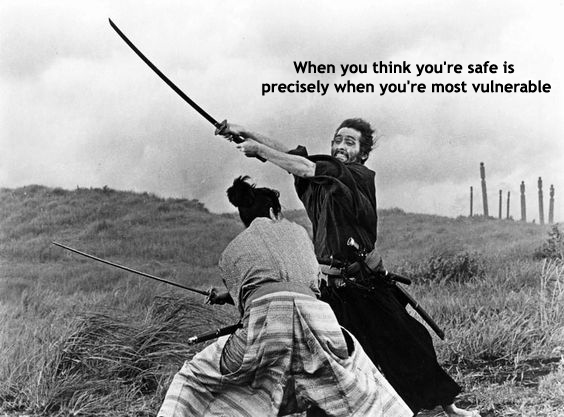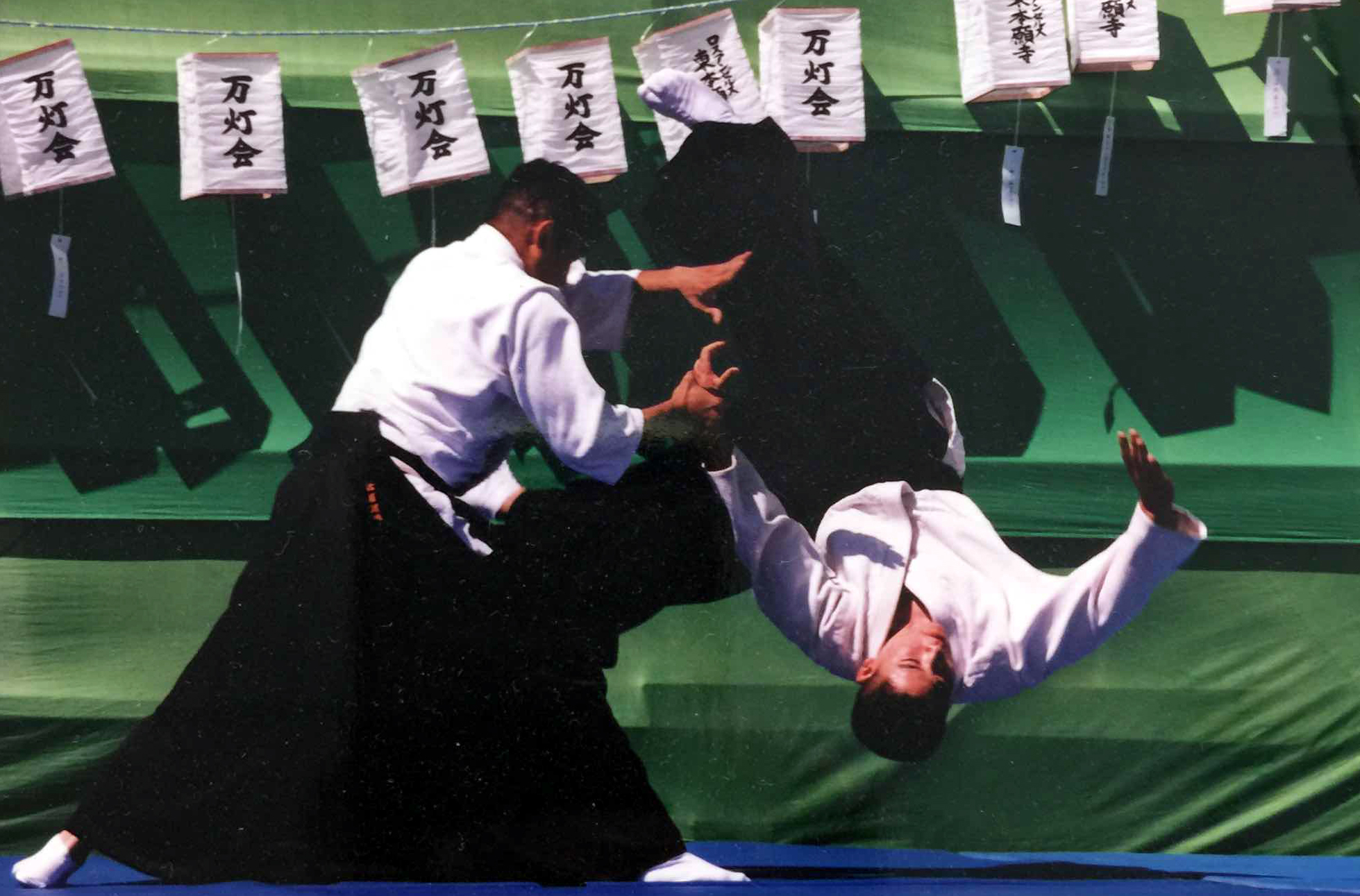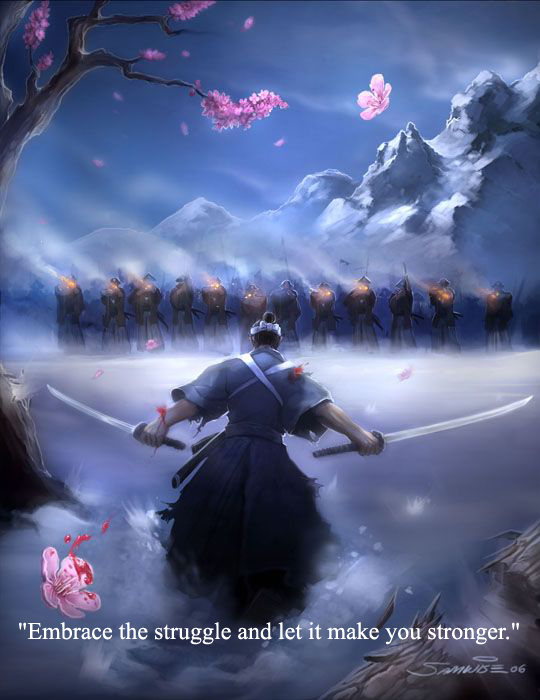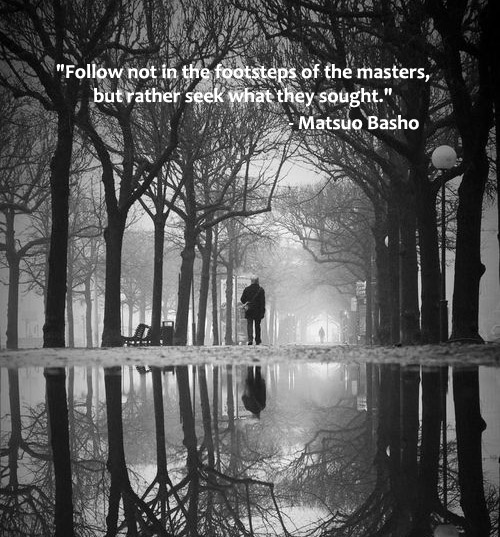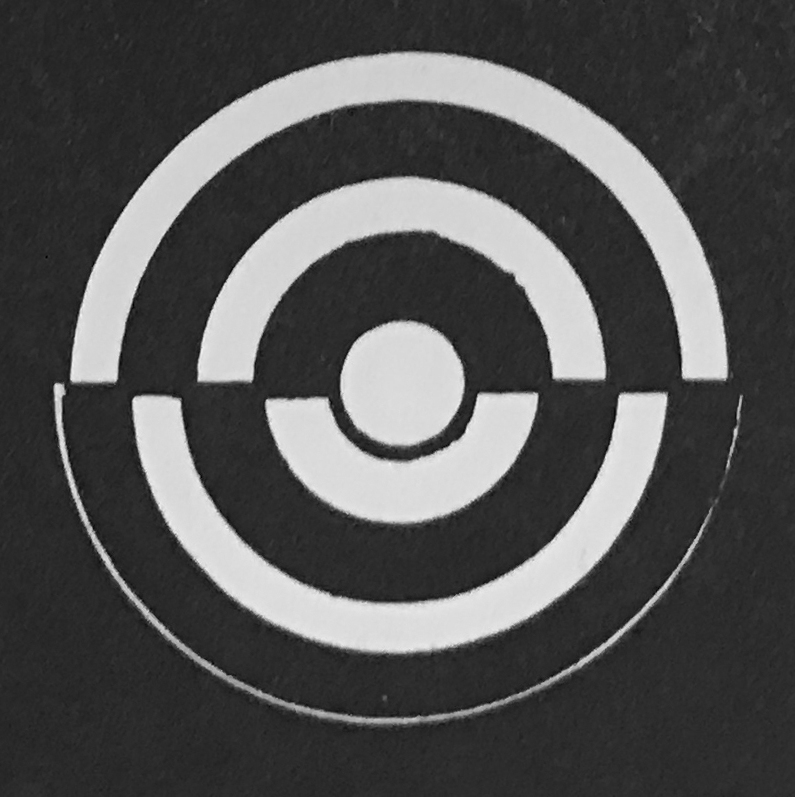 A good martial artist strives to create balance. Here is an interesting take on the taiji or yin-yang symbol. It is a Japanese kamon or family crest using the properties of yin-yang or in-you in Japanese.
A martial artist with balance mentally and physically cannot be moved and thus cannot be defeated.
A good martial artist strives to create balance. Here is an interesting take on the taiji or yin-yang symbol. It is a Japanese kamon or family crest using the properties of yin-yang or in-you in Japanese.
A martial artist with balance mentally and physically cannot be moved and thus cannot be defeated.
If we are easily swayed from one side to the other then we can be moved to a place of unbalance. At this place of unbalance, even the weakest of foes can defeat us.
Balance mentally is more important than balance physically. It is said, "Everything in life begins with a thought." Our minds are our greatest weapons - they can defend us or defeat us. How we think is more important than what we do or what we say. Both of those are an extension of our minds.
What will it take for you to be defeated? A terse word or a insensitive glance? We don't always have to be punched in the face to be defeated.
The goal of every great martial art is to create this balance which we call the immovable mind. An immovable mind is one of calmness and imperturbability where can nothing unbalance us.






